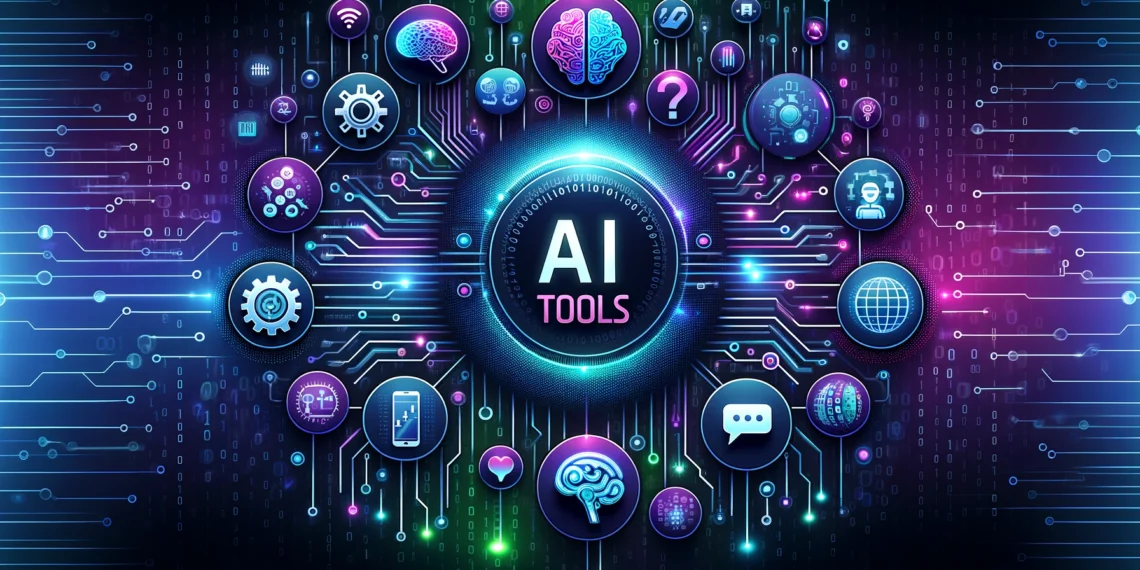For many years, Stack Overflow was the most trusted place for developers around the world. It was where programmers went to ask questions, share coding tips, and find solutions to technical problems. People earned points and built reputations by helping others. But all of that has started to change. The rise of artificial intelligence (AI) tools like ChatGPT and GitHub Copilot is changing the way developers work, and it’s making Stack Overflow less important even obsolete.
These new AI tools can write code, fix bugs, explain tricky programming topics, and answer coding questions instantly. Instead of searching the web or digging through forum threads, developers now get direct answers in real-time, right inside their code editor. GitHub Copilot, for example, works with Visual Studio Code and suggests lines of code while you type. It became so useful that, by 2023, it was writing nearly 40% of the code in some projects. ChatGPT, another powerful AI tool, can even generate full scripts or explain difficult concepts within seconds.
This level of speed and accuracy has made many developers turn away from Stack Overflow. On Stack Overflow, you often have to spend time carefully writing your question, searching through old answers, and hoping someone responds. Sometimes the replies are outdated, confusing, or too technical. AI tools don’t have these problems. They give quick, personalized help, even if your question isn’t perfectly written.
Another problem is that Stack Overflow hasn’t changed much over the years. While AI tools have gotten smarter and easier to use, Stack Overflow still works like it did in 2008. It’s not built into coding software, so users have to leave their work to use it. It also has strict rules. New users often get their questions deleted or downvoted for small mistakes, which discourages people from coming back. AI tools, on the other hand, don’t judge, don’t reject, and are available 24/7 for all skill levels.
Related Articles:
- FG to launch Artificial Intelligence Collective platform April 15
- Professor Bart Nnaji to launch Nigeria’s first Robotics, Artificial Intelligence Institute
- Artificial intelligence not a threat to HR practice – Dr Rosalyn Essien
As more people use AI tools, Stack Overflow’s traffic has dropped. In 2020, it had over 500 million monthly visits, but by mid-2023, that number had fallen below 400 million. At the same time, platforms like GitHub; home of Copilot, saw more developer activity than ever. Even Stack Overflow’s own moderators and top users have noticed fewer people asking and answering questions. Some say it now feels like a ghost town.
In response, Stack Overflow tried to catch up. It launched “OverflowAI” in 2023, a tool that adds some AI features like smarter search and chat-based answers. But many users felt it wasn’t good enough. It didn’t match the smooth experience of tools like Copilot or Claude, and it relied too much on old Stack Overflow data. In 2024, the company partnered with OpenAI to bring better AI to the platform, but this also caused controversy. Some users worried that AI-generated answers would flood the site and make real human expertise less visible.
This shift marks a big change in how developers learn and solve problems. AI has made coding easier and faster, especially for beginners. You no longer have to fear being judged or wait hours for an answer. But this convenience comes with downsides. While AI can give you code, it often doesn’t explain why something works or help you understand the bigger picture. This was something human contributors on Stack Overflow used to do really well. Studies have even shown that over-relying on AI tools can make new developers weaker at critical thinking.
Stack Overflow isn’t dead, but it needs to evolve. To stay useful, it could focus on topics where AI still struggles, like niche programming areas or software design discussions. It might also need to improve how it treats users, reward collaboration, and work more closely with AI instead of fighting against it.
AI has changed the way developers code and learn, and that change isn’t slowing down. Whether Stack Overflow survives depends on how well it can blend human wisdom with machine efficiency. In a world where AI is everywhere, platforms like Stack Overflow must find new ways to stay helpful, relevant, and human.






